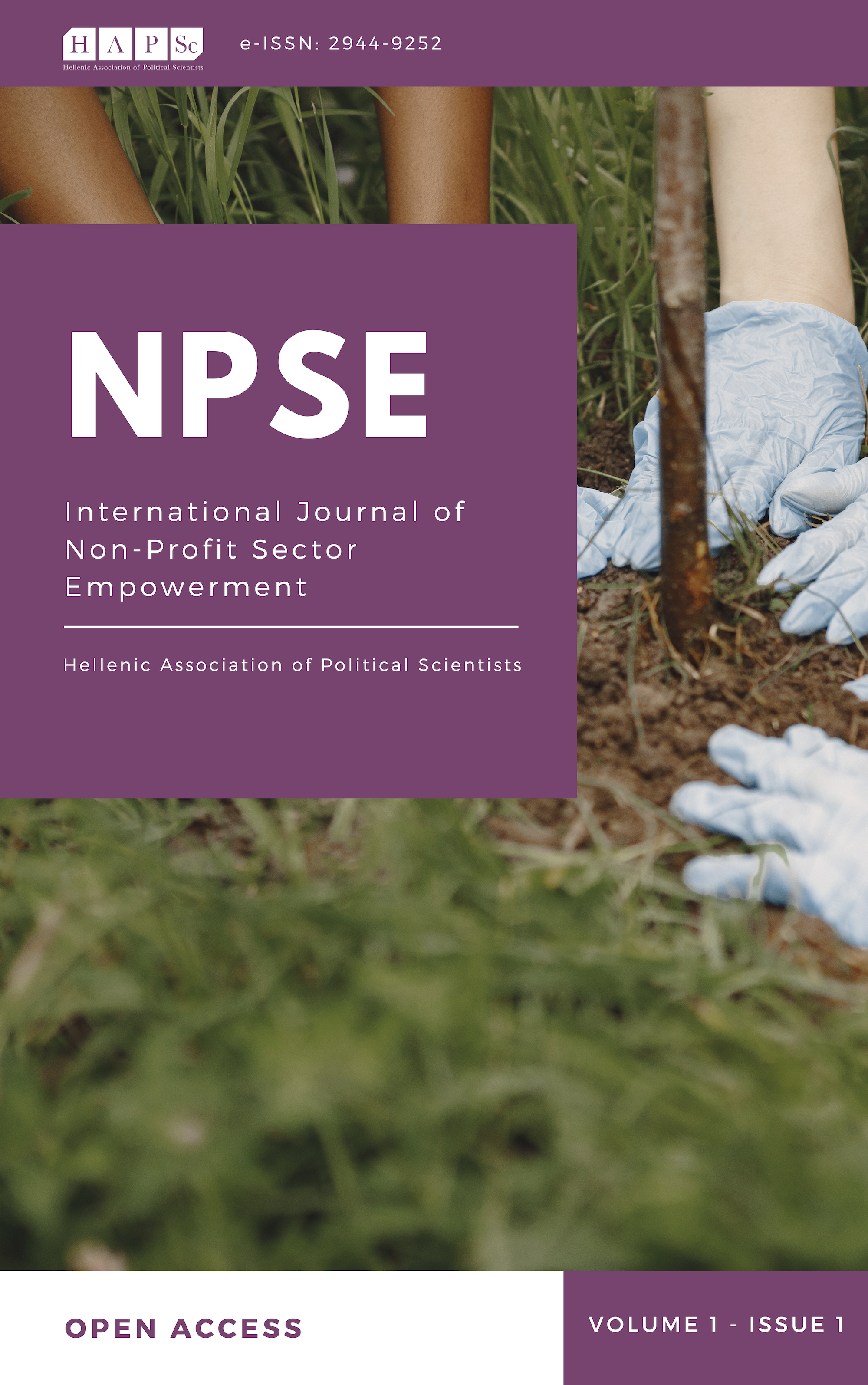What Happens to Public Service Delivery under a Weak Civil Society? Evidence from India

Abstract
This paper argues the performance of public service delivery under weak civil society. Drawing on information from the world's largest workfare programme, the National Rural Employment Guarantee Act (NREGA), it is argued that in the north Indian state of Uttar Pradesh (UP) benefits of NREGA hardly reach the poor. This is due to the presence of weak civil society organisations (CSOs), which is riddled with corruption and factionalism, and operates at the cost of social expense. The ruling elites who hold the key to these institutions have made it difficult for citizens to voice their concerns and negotiate their entitlements.
Article Details
- Section
- Commentaries

This work is licensed under a Creative Commons Attribution 4.0 International License.
Authors retain copyright and grant the journal right of first publication with the work simultaneously licensed under Creative Commons 4.0 (CC-BY 4.0) license, that allows others to share the work with an acknowledgement of the work's authorship and initial publication in this journal.





